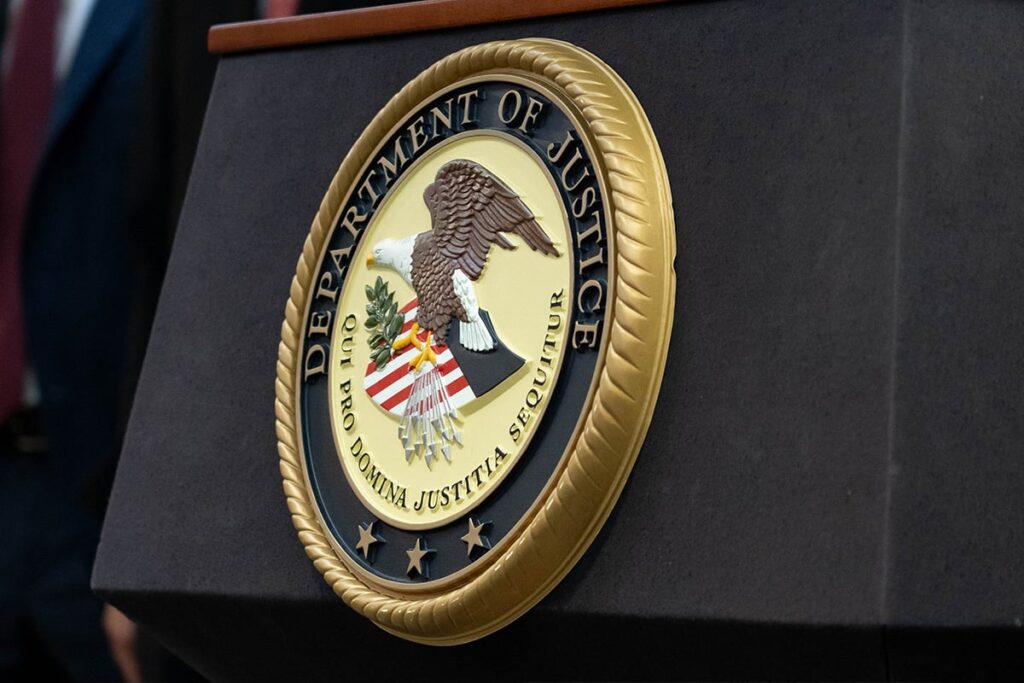**Legal Uncertainty Looms Over DeFi Developers After Roman Storm Conviction**
The recent conviction of Roman Storm, co-developer of the decentralized privacy protocol Tornado Cash, has sent shockwaves through the decentralized finance (DeFi) community. Storm was found guilty of operating an unlicensed money transmission business, raising serious questions about the legal risks faced by open source developers in the crypto space.
### Concerns Rise Over Legal Risks for Open Source Developers
Roman Storm’s legal troubles have sparked alarm among DeFi builders, who now wonder if developing non-custodial platforms could expose them to prosecution. In a public statement, Storm questioned whether anyone creating such protocols can be confident they won’t be charged by the U.S. Department of Justice (DOJ).
Storm’s case centers on charges that he conspired to operate an unlicensed money transmission business. Prosecutors argued that any non-custodial service should have instead been built as a custodial one—a key point used against him during the trial.
However, Storm maintains he had no control over the Tornado Cash protocol. According to court documents, “Our company does not have any ability to affect any change, or take any action, with respect to the Tornado Cash protocol. It is a decentralized software protocol that no one entity or actor can control.”
This statement has amplified unease among developers who build decentralized tools, many of whom are now concerned they could face legal consequences despite their software being open source and non-custodial.
### Legal Case Sets a Worrying Precedent
Storm’s trial concluded in August with the jury delivering a mixed verdict. While they convicted him on the charge of operating an unlicensed money transmission business, they could not reach a unanimous decision on two additional counts concerning money laundering and sanctions violations.
Legal experts warn this outcome may establish a troubling precedent. Rather than convicting Storm for any direct financial wrongdoing, the jury found him guilty for creating a tool that others might have used to move funds. This blurs the lines of liability for developers of decentralized protocols.
Jake Chervinsky, Chief Legal Officer at Variant Fund, commented on social media platform X, “If the Trump administration wants the USA to be the crypto capital of the world, then the DOJ must not be allowed to retry the two deadlocked charges.” The unresolved charges leave open the possibility of future legal challenges.
### DOJ Clarifies: Writing Code Alone Is Not a Crime
In response to growing concerns among developers, the Department of Justice has sought to clarify its stance. In August, DOJ official Matthew Galeotti stated that the department would not seek a retrial of Storm and has no plans to pursue similar cases.
Speaking at the American Innovation Project Summit, Galeotti remarked, “Our view is that merely writing code, without ill intent, is not a crime.” He further emphasized, “The department will not use indictments as a law-making tool. The department should not leave innovators guessing as to what could lead to criminal prosecution.”
Despite these reassurances, many developers remain cautious. The boundary between writing code and being held responsible for its use is still ambiguous, fueling ongoing uncertainty in the open-source community.
### The Future of DeFi Development Remains Uncertain
Roman Storm’s poignant question—“Can you be so sure you won’t be charged by the DOJ for building a non-custodial protocol?”—resonates deeply within the DeFi ecosystem. Decentralized protocols like Tornado Cash are designed to eliminate control from any single person or entity. Yet recent legal actions suggest that neither intent nor architecture may fully protect developers from prosecution.
Without clear legal safeguards for open source creators, many in the DeFi space fear potential retroactive charges related to their code. Until lawmakers provide clarity, developers must navigate a fraught landscape where the legal interpretation of their work remains uncertain.
—
*As the DeFi community watches closely, the Roman Storm case serves as a crucial example of the challenges faced when decentralized innovation meets traditional regulatory frameworks.*
https://coincentral.com/roman-storm-warns-defi-developers-of-doj-charges-over-protocol-code/

